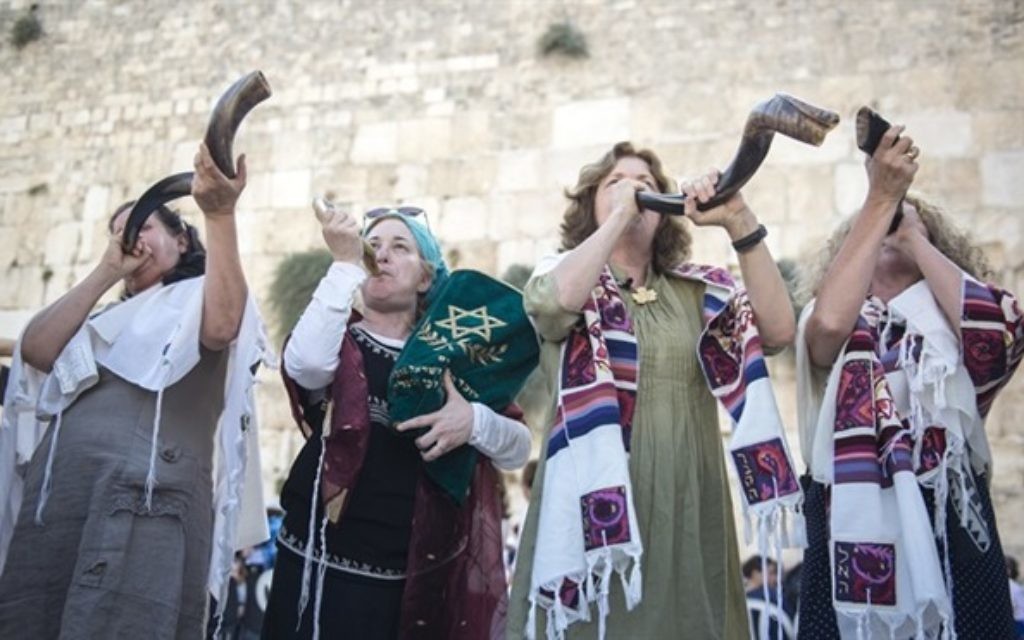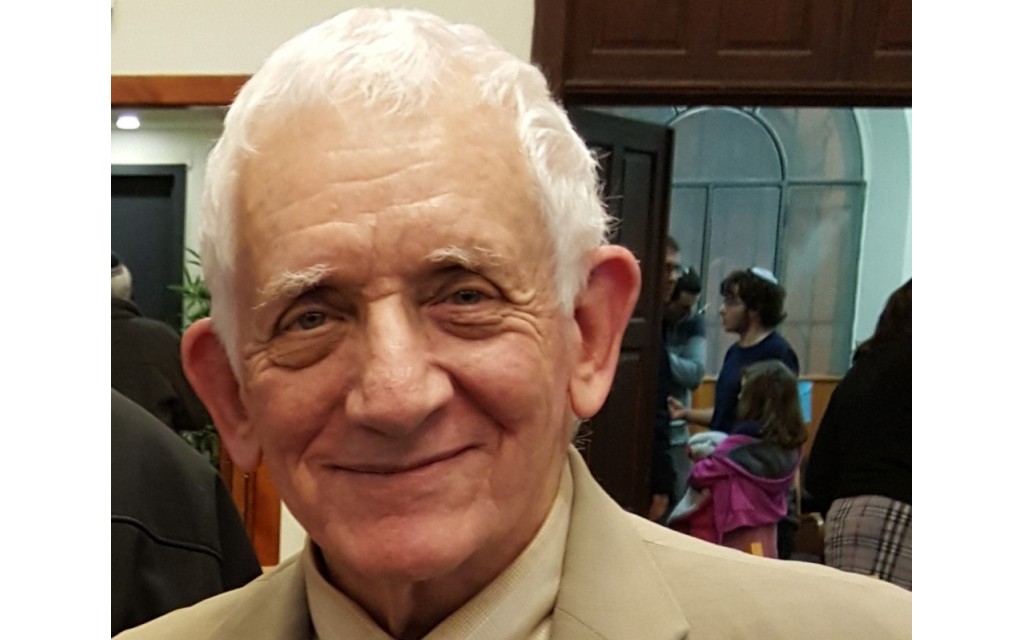Searching Yom Kippur for its Potent Meaning
On Yom Kippur, you can do what you choose. Maybe you'll consider making aliyah.
We each find it difficult to shape our Yom Kippur into a powerful and spiritual fast day, as we are told it should be. It is difficult to understand because “emphasizing” one day out of 365 as truly uplifting really does not make much sense. Why you will ask? Being in the synagogue for many hours and fasting may be good for a day. What about tomorrow? The ancient rabbis had the answer. As soon as Neila and Maariv at the end of Yom Kippur are completed, we are supposed to begin the building of the sukkah. Fasting, davening really does not have an impact unless you follow it with action.
There was a time in Atlanta when building a sukkah was not of interest to the major part of the Jewish community. So back then, they were satisfied to “perform” whatever was important on Yom Kippur and then walk out “sinless” but not “action” oriented. Yet, I am being too critical because now when 2 to 3 million American Jews enter the doors of the synagogue for “Kol Nidre” that is quite an accomplishment.
In Jerusalem all the traffic stops about a half an hour before the horn is sounded throughout the city. Whether we want to get the call. We know it is Yom Kippur. In Atlanta no horn sounds, the cars continue to run by every synagogue from Chabad, ultra-orthodox to the Reform, the gay synagogue. If you are not careful when you walk or drive to your chosen “spiritual” site, you could be hit by a car and die. It has happened, not in Atlanta.
Get The AJT Newsletter by email and never miss our top stories Free Sign Up
From 7,000 miles away, I want to praise you. Atlanta is not a Jewish city, the USA is not a Jewish country, but you leave your home, come to synagogue – put on your tallit, men and women if that is your practice. Sit down after greeting family and friends as the rabbi asks you to rise for Kol Nidre. Not residing in a Jewish environment and maybe not even understanding the mahzor words, even if they are translated, you stand, voluntarily, and listen to that moving melody. I think what you do is exemplary. I can feel Yom Kippur in the street – you are relentless placing all the secular and religious atmosphere overwhelming you aside and observing the holiest day of the Jewish year. This is one Jew who is very proud of you. More can always be done Jewishly, but you make sure that no one is going to stop you when you as Jew commit yourself to have a potent religious experience.

What you may want to know that here in Israel several thousand citizens, young and old, ride bicycles. Not sure what aspect of Halacha that is, but there is also a Yom Kippur feeling to riding 10, 20, 30, 40 or more kilometers. Interestingly, many of them are fasting. They know that Israel has been carved out through 70 years as a proud Jewish country. So riding as free individuals, they breathe the air of their nation, look out at the scenery they pass and know that they could be called, as in Yom Kippur War, to protect their nation. They are not in shul, but hundreds stand right inside the portals of the synagogue with their children to hear the blowing of the shofar as Yom Kippur is completed for another year.
American Jews and Israelis are very similar, in my eyes, on this holy day. My fellow Jews from the USA push themselves, so they will not miss what occurs during the fast day. Israelis represent our answer to the world that Jews are free, free to pray and free to take their two-wheelers out.
I was fortunate that I was taught by my grandfather and father that Yom Kippur is a unique day. Some of you and some not received Jewish training in the democratic atmosphere of your country. On Yom Kippur you can do what you choose. It really touches me that under no pressure so many of you fast, so many of you enter the beit knesset. Maybe your experience this year will push you to becoming more Jewish and to think about aliyah seriously.





comments